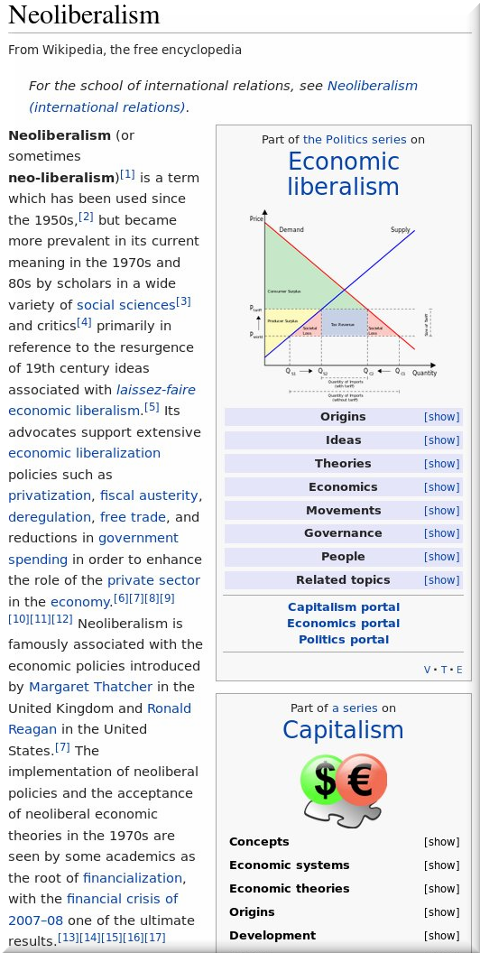

For the uninitiated, this is what Battistelli does at the EPO
THE DAYS OF THE EPO as a world leader are over. Battistelli demolished the Office and he can only rely on his mouthpieces to claim otherwise. He further misleads the public by presenting some numbers from inside the EPO (making claims about itself) -- dubious numbers as one might expect [1, 2, 3] -- and we're supposed to think that everything is fine. It's not. Everything is not fine and Battistelli may be fired next month, judging by his lack of progress on demands from his overseers.
"asically, the patents industry is protesting the changes made to address (tackle/eliminate) poor patent quality in the US."Nevertheless, pro-software patents sites would have us believe that the EPO, with its growing affinity for software patents, is a model of success -- all this while pro-software patents courts in the US latch onto EPO for the purpose of legitimaising software patents. "Constantly changing patent laws are taking a toll on American innovation," one shallow new pieces says, essentially bemoaning decisions like Alice (ended a lot of software patents in the US). Basically, the patents industry is protesting the changes made to address (tackle/eliminate) poor patent quality in the US. Nearly doubling the number of granted patents at the USPTO in a decade? Not enough! They want more! They make money out of it.
“Nice to see that the EPO has stooped to questioning the competence of European patent attorneys, in order to promote its courses...”
--AnonymousAs longtime readers may know, our original concern about the EPO was patent scope, primarily the expansion to the domain of software patents. According to this new press release, TEVA's patent monopoly is about to be invalidated by the EPO, but it's not a software patent. To quote the announcement: "Jefferies analyst, Brian Abrahams, noted that EPO has released its prelim opinion that TEVA's broad patent claims are not supported by the priority application (are not novel) and TEVA's claims lack inventive step, a positive for Alder Biopharm (NASDAQ: ALDR)."
The sad thing is, if the UPC ever became a reality, the Boards of Appeal would possibly be made obsolete or redundant, making it even harder (or too expensive if not impractical) to challenge bogus patents -- those granted in error. As one comment recently put it:
I understand very well how the examiner's deal with unity - if the claim amendments mean they will have to do some more work, they will argue lack of unity. The applicant will either follow the examiner's line through lack of will to fight or will take it to appeal, whereupon the BoA will roundly criticize the examiner and allow the appeal.
I think you mix up lack of unity and the introduction of unsearched subject matter. Having to search elsewhere may not be lacking unity but will refer to the second case.
Nice to see that the EPO has stooped to questioning the competence of European patent attorneys, in order to promote its courses:
"Patent attorneys do not always understand how the EPO deals with non-unity. Discuss here: http://buzz.mw/b15ku_f #searchmatters"
https://twitter.com/EPOorg/status/730712544655097856
So is the idea that we qualified but nevertheless ignorant-of-the-law EPAs should rush to sign up and better ourselves?
I am sure that these courses are useful as continuing professional development, but this tweet certainly isn't a professional way to encourage attendance.